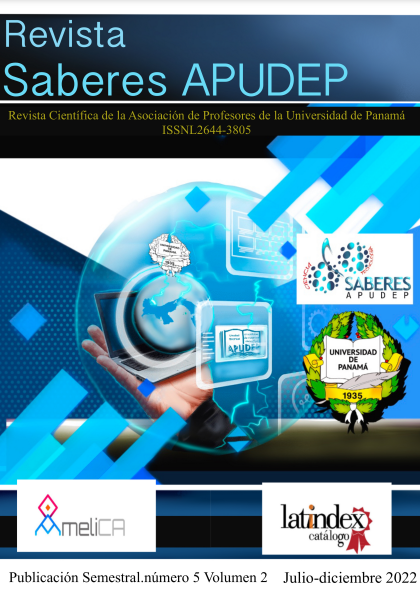

The indeterminacy of translation is an important issue from the perspective of intercultural communication as this paradoxical philosophical position has created doubts about translation as a viable or possible activity. The questioning of William Van Orman Quine and Donald Davidson in this regard involves philosophical, psychological, semiological aspects that, from the philosophy of language and translation theory, are seen as limiting an activity that aspires to be more than a simple artisanal academic effort to become a science and occupy an earned niche and status. This article addresses the proposal of indeterminacy of translation from elements of Quine's hypothetical situation such as radical translation, the creation of meaning systems, and the meaning of translation manuals. The elements in question have been related to socio-professional translation practices that in practice seek to mitigate ontological and epistemological questions that from Quine and Davidson weaken translation. Finally, the untranslatability issue and the classification of translations developed in professional practice are addressed as potential solutions to theoretical and conceptual problems of translation.